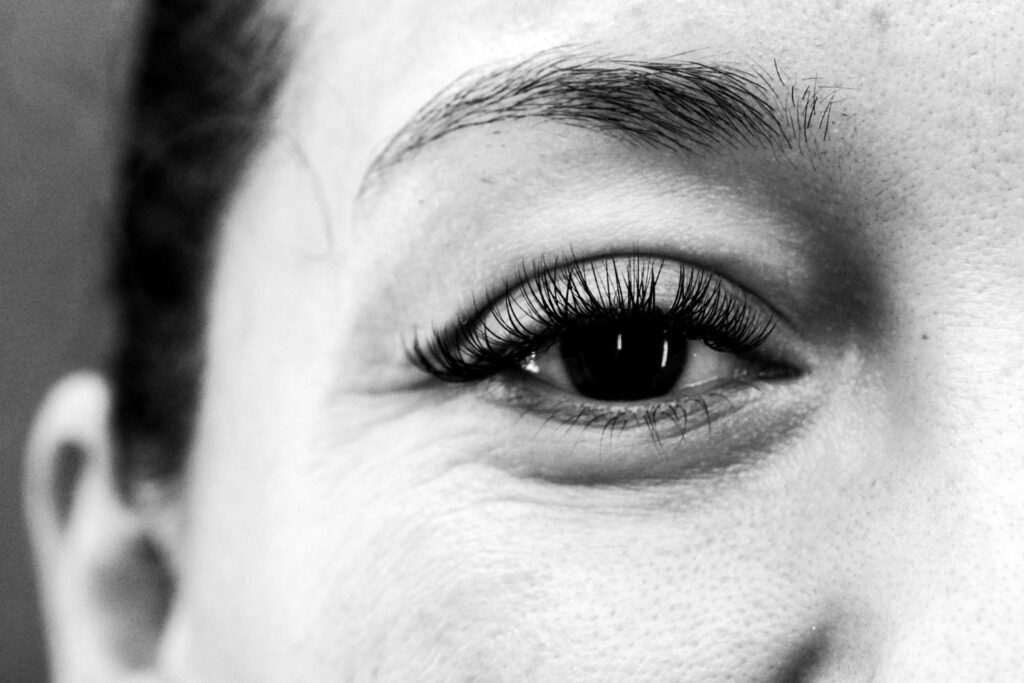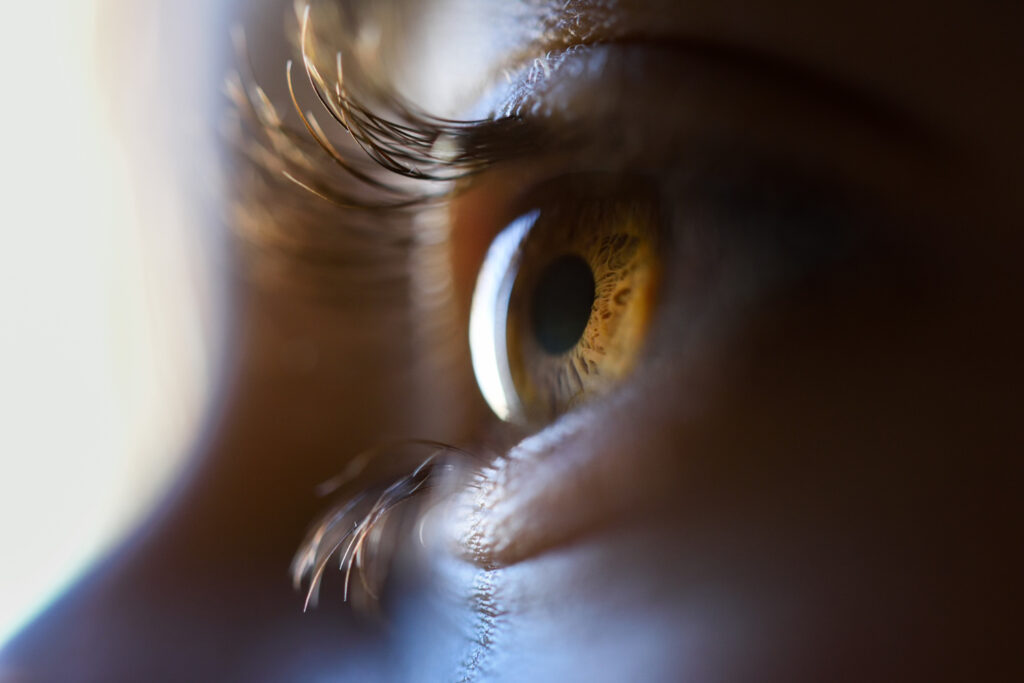
Blurry, unclear, and unfocused vision is a common eyesight problem with various causes, ranging from needing an update to a glasses or contact prescription to having conditions like pink eye. Blurry vision can also signal more serious issues such as a concussion, glaucoma, or high blood pressure. Here are eight possible causes of blurry vision and their treatment options.
1. Refractive Errors
Refractive errors indicate problems with how eyes take in light. These errors occur when the eye’s curvature prevents light from focusing directly on the retina, which processes light rays into signals the brain can read.
Common Refractive Errors
- Myopia (Nearsightedness): Difficulty seeing distant objects clearly.
- Hyperopia (Farsightedness): Difficulty seeing near or far objects clearly.
- Astigmatism: Imperfection in the eye’s curvature.
- Presbyopia: Age-related difficulty in seeing nearby objects, typically starting in the 40s.
Treatment
Most refractive errors can be corrected with prescription glasses or contact lenses. Options include bifocals, trifocals, or progressive lenses. Extra light and reading materials with larger print can also help. Refractive surgery, like LASIK or PRK, is another option that permanently changes the shape of the cornea.
2. Dry Eye
Dry eye occurs when the eyes don’t produce enough tears or when tears dry up too quickly, affecting millions of people in the United States. Symptoms include discomfort, a sensation of something in the eye, stinging, burning, redness, and light sensitivity.
Treatment
Options include over-the-counter (OTC) eye drops, prescription medications, lifestyle changes, tear duct plugs, and, in rare cases, surgery.
3. Cataracts
Cataracts, common with aging, cause the eye’s lens to become cloudy, blocking light from reaching the retina. They typically develop slowly and can affect one or both eyes. Over half of people in the U.S. have visually significant cataracts by age 80.
Treatment Early-stage cataracts can be managed with magnifying glasses and better lighting. Advanced cataracts may require surgery to remove the cloudy lens and replace it with a clear lens implant.
4. Glaucoma
Glaucoma is a group of eye diseases that damage the optic nerve, potentially leading to vision loss and blindness. It usually develops slowly, often without initial symptoms, but can cause significant damage over time.
Treatment
After a diagnosis, treatment options include prescription medications, laser treatment, and surgery. Early treatment is crucial to prevent worsening vision damage.
5. Macular Degeneration
Age-related macular degeneration (AMD) damages the macula, a central part of the retina, leading to a loss of central vision. It is the leading cause of vision loss in older adults.
Treatment
There is no treatment for early AMD, but specific vitamins and minerals can slow its progression in intermediate and late stages. Injections and laser treatments may be recommended for advanced cases.
6. Eye Infection
Infections affecting one or both eyes can cause blurry vision, often involving the cornea. Common infections include:
- Conjunctivitis (Pink Eye): Redness and swelling, highly contagious.
- Herpes Keratitis: Caused by the herpes virus, common in contact lens wearers.
Treatment
Eye infections are treated with antibiotic, antifungal, or antiviral eye drops, and oral medications in severe cases. Some infections resolve on their own, but severe cases, like herpes keratitis, may require a corneal transplant.
7. Detached Retina
A detached retina occurs when the retina separates from the back of the eye, disrupting vision. This can happen if vitreous fluid pulls hard enough to tear the retina.
Treatment
Immediate medical attention and surgery are necessary to reattach the retina and prevent vision loss.
8. Medical Conditions

Blurry vision can be a symptom of several medical conditions, including:
- Diabetes: High blood sugar can damage retinal blood vessels, leading to diabetic retinopathy.
- Migraine: Ocular migraines can cause blurry vision due to reduced blood flow and vessel spasms.
- Autoimmune Disease: Conditions like uveitis, which cause eye inflammation, can blur vision.
Treatment
Diabetic retinopathy treatments include injections, medications, and laser surgery. Migraines can be managed with OTC pain relievers or prescription medications. Uveitis is typically treated with steroids in various forms.
Other Possible Causes
Other causes of blurry vision include:
- Shingles: Caused by the herpes zoster virus, can affect eye nerves.
- Head Injury: Concussions can cause blurry vision due to traumatic brain injury.
- Stroke: A stroke restricting blood flow to the brain can lead to vision changes.
When to Contact a Healthcare Provider
Many causes of blurry vision are not immediately threatening but require medical attention to prevent complications. Seek immediate help if you have:
- Blurry vision and an immunosuppressive disorder.
- Vision loss in a specific area.
- Eye pain, with or without movement.
- Sudden vision changes that do not improve after blinking.
Blurry vision can stem from various causes, some of which require prompt medical intervention. Understanding these causes and their treatments can help you maintain eye health and seek timely care when needed












